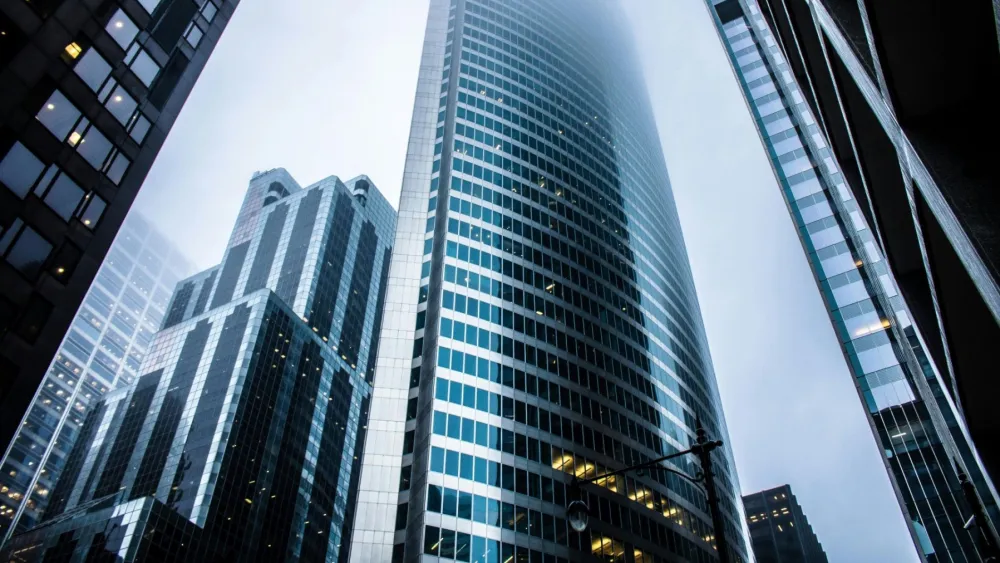
Korean Re to see growth potential in S.K.’s coinsurance business: AM Best
AM Best foresees a notable reduction in KRE's underwriting risk in 2023 due to the planned portfolio restructuring, which aims to offload unprofitable business, especially in the domestic personal line.
Korean Reinsurance Co.’s (KRE) robust investment income is expected to benefit from an expanded investment asset base following recent hybrid securities and coinsurance contracts, AM Best said.
While KRE's underwriting performance remains stable, driven by ongoing portfolio modifications and a favourable pricing environment in the commercial segment, challenges surfaced in overseas operations in 2022 due to significant COVID-19 claims and unexpectedly large natural catastrophe losses.
KRE intends to mitigate property catastrophe risks overseas and expand non-catastrophe business segments. Despite a decline in domestic market share due to portfolio improvements, KRE is positioned 13th in the global reinsurance market by gross written premium (GPW) in 2022. Its strong presence in South Korea and growing overseas business contribute to its standing.
AM Best anticipates continued domestic market leadership for KRE over the medium term, with overseas business supporting diversification.
AM Best has adjusted the outlook for the long-term issuer credit rating (long-term ICR) of KRE in South Korea from stable to positive. Additionally, the financial strength rating (FSR) and long-term (ICR) of ‘excellent’, with the FSR outlook remaining stable.
ALSO READ: Korean Re’s 1H23 earnings surge to KRW269b
These credit ratings are reflective of KRE's very strong balance sheet strength, satisfactory operating performance, favourable business profile, and effective enterprise risk management, as assessed by AM Best.
The shift in the Long-Term ICR outlook to positive indicates AM Best's anticipation of an improvement in KRE's balance sheet strength from 2023 onward.
This expectation is based on the company's plan to restructure its underwriting portfolio, the injection of additional capital from recent hybrid bond issuances, and a consistent profit retention strategy. KRE's risk-adjusted capitalisation, comfortably assessed at the strongest level by AM Best through Best’s Capital Adequacy Ratio (BCAR), is expected to further strengthen.
The issuance of hybrid securities in 2022 and 2023, amounting to KRW580b, is anticipated to offer an additional capital buffer under new accounting and solvency regimes (IFRS 17 and K-ICS).
AM Best foresees a notable reduction in KRE's underwriting risk in 2023 due to the planned portfolio restructuring, which aims to offload unprofitable business, especially in the domestic personal line.
Despite the potential for enhanced risk-adjusted capitalisation, AM Best underscores the need for a monitoring period to confirm the sustainability of improvement, considering possible deviations from the business plan and their impact on underwriting risk.
KRE's balance sheet strength is further supported by easy access to capital markets and a conservative investment strategy.
Positive rating actions may occur with sustained improvement in KRE's balance sheet strength through significant enhancement of risk-adjusted capitalisation, while negative actions may result from prolonged declines in operating performance or substantial drops in risk-adjusted capitalisation due to events like multiple significant catastrophe losses in a fiscal year.



















 Advertise
Advertise







